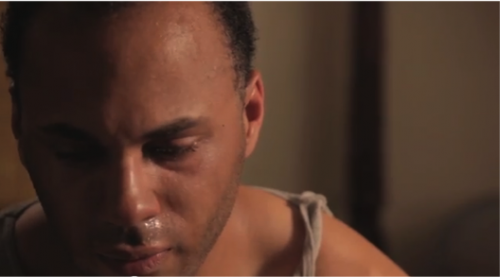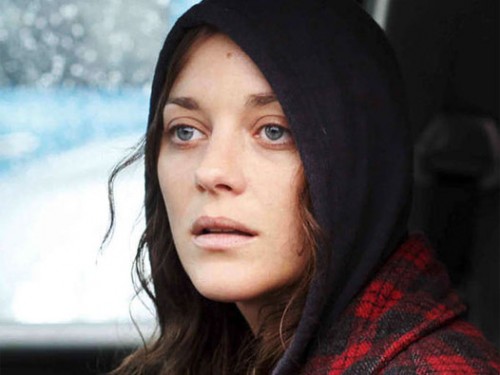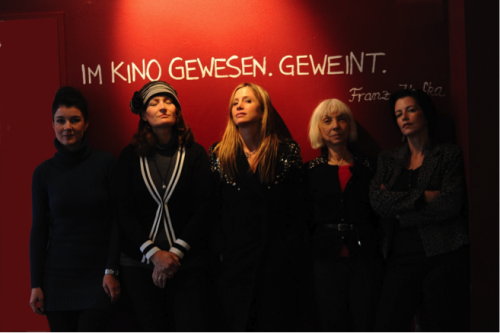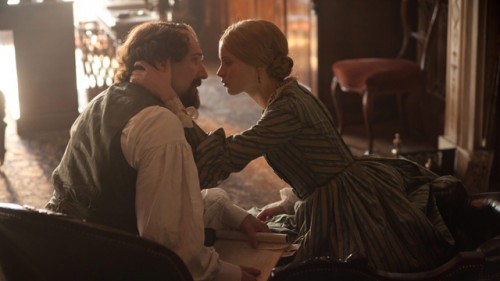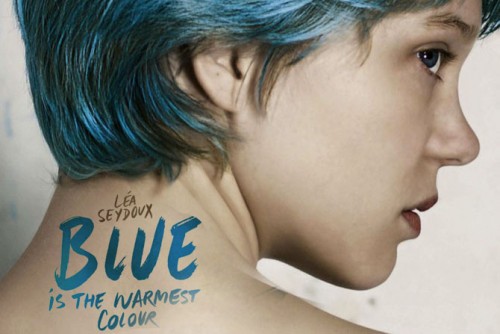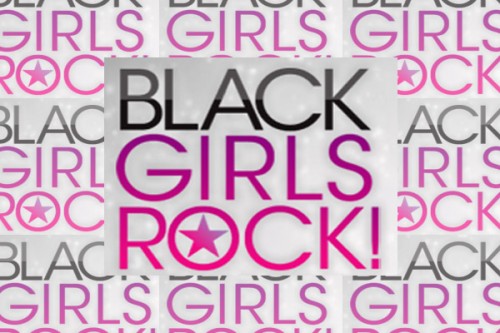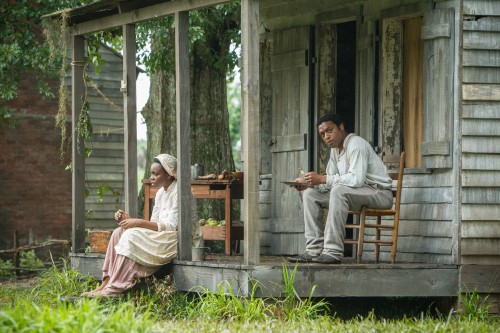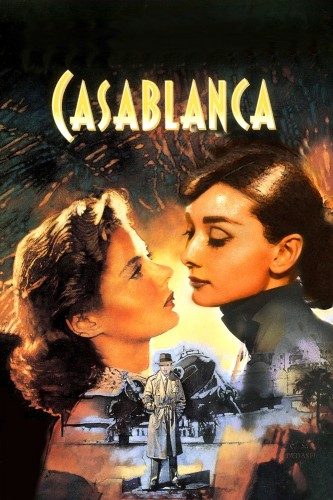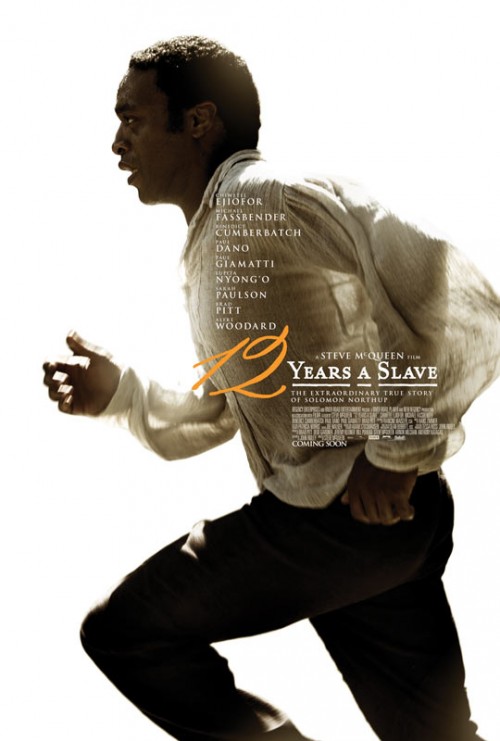Seed & Spark: High-Pitched Voice and a Soft Presence
When I was asked, “Who are you as a female filmmaker?” I immediately made a mental note. I’m a black, female filmmaker. I was reminded of the following quote from Gloria Anzaldúa: “A woman-of-color who writes poetry or paints or dances or makes movies knows that there is no escape from race or gender when she is writing or painting. She can’t take off her color or sex and leave them at the door of her study or studio. Nor can she leave behind her history. Art is about identity, among other things, and her creativity is political.”
